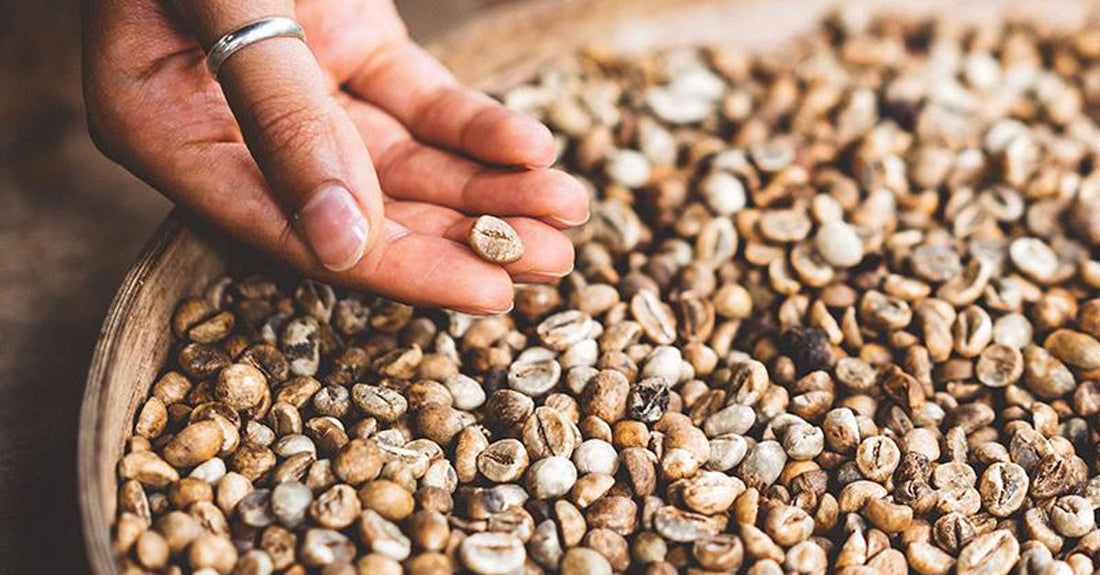
Mycotoxins in coffee: What are they, and will they harm you?
LifestyleAre mycotoxins in coffee bad for you?
It's commonly known that coffee is pretty good for you and packed with tons of health benefits—it's packed with antioxidants, can help prevent certain diseases, and helps you improve your focus and memory.
But sometimes we hear talk about the things in coffee that could be bad for you—is it real or myth?
One of the things that often comes up is about the presence of mycotoxins in coffee. Mycotoxins are naturally occurring fungi, rarely found living on green (pre-roasted) coffee beans. They're formed by molds that may grow on crops, and these toxins can be potentially poisonous if you consume too much.
Before you freak out, let's take a step back here and remember that fungus lives everywhere, including on and inside every human being. However, when not taken care of properly, this fungus can turn into mold.
This type of mold is painfully obvious when living on green coffee beans. Any specialty coffee roaster can identify mold living on their beans by measuring moisture levels. These moisture tests are done routinely, as moisture plays a large role in the selection/rejection processes of quality control. The studies that have been performed with mycotoxins are incredibly misleading because they are done on unroasted coffee beans, which should never, ever be used to brew.
Raw, unroasted, green coffee beans have (arguably) redeeming qualities on their own but are not to be used for brewing. So while small amounts of mycotoxins may be found in unroasted coffee beans, up to 90% of it will be cooked off and killed during the roasting process.
Conclusion: Even though trace amounts of mycotoxins have been found in coffee beans in previous studies, these amounts are far below safety limits and too low to be of practical significance.
[Featured Image Credit: Joshua Newton via Unsplash]
